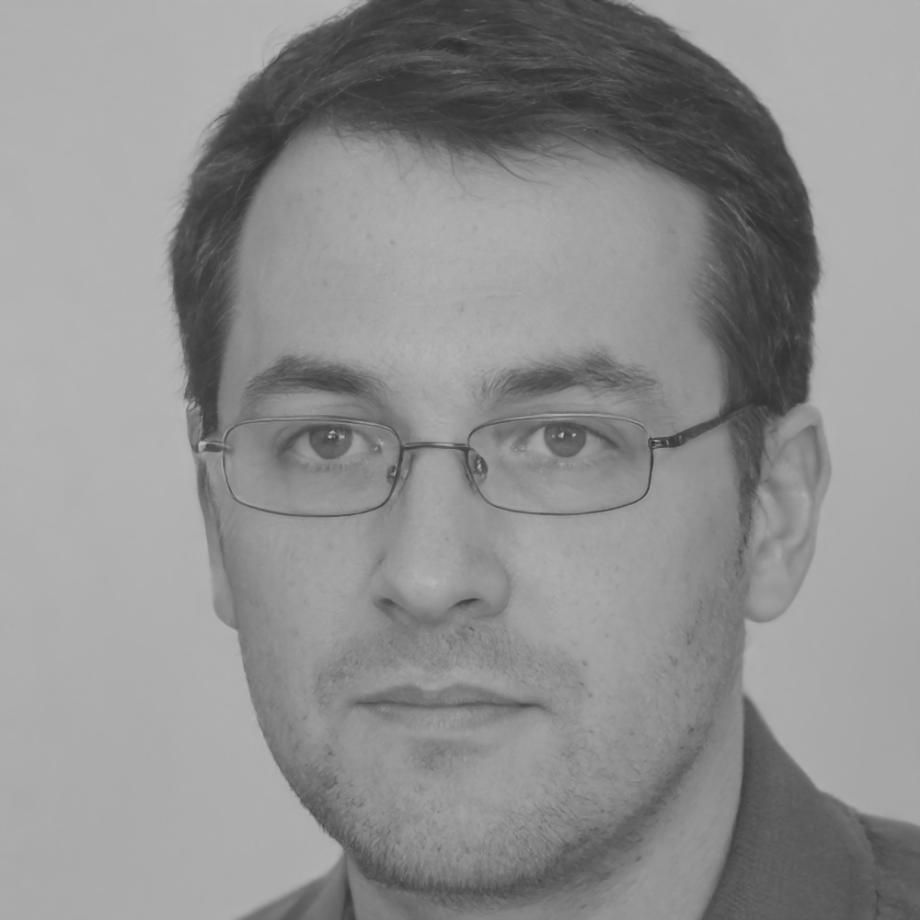The stuff they don't teach in business school
Most financial training focuses on compliance and tax structures. Important? Sure. But when you're running a small business and trying to decide whether to hire someone or invest in equipment, you need different tools.
Our approach came from watching patterns. After working with dozens of struggling businesses, we noticed the same issues kept appearing. Not accounting problems—decision-making problems. People had the data but didn't know how to use it for planning.
So we built a system around the questions we kept answering. What metrics actually matter? How do you spot problems before they become crises? When should you spend versus save?
That's what we teach now. The practical side of business finance that makes the difference between guessing and knowing.

Meet the instructor behind the method
Real experience from someone who's actually done this work, not just studied it.

Fletcher Bowen
Lead Financial Strategy InstructorSpent 14 years as a CFO before this. Worked with manufacturing, retail, and service businesses. Saw what worked and what didn't. Now I just teach the parts that actually helped people make better decisions—skipping all the corporate nonsense that doesn't apply to smaller operations.
Finding the right approach for your situation
Where's your business right now?
Focus on basic cash management first. Learn to track daily operations and understand your actual costs versus what you thought they'd be. Most new businesses benefit from our fundamentals module starting in August 2025.
You probably need better forecasting tools. We teach scenario planning—how to model different choices before committing money. Our intermediate cohort begins in October 2025 and runs for 6 weeks.
Time for advanced planning methods. Learn how to structure financing, manage expansion timelines, and spot warning signs early. The advanced program launches in January 2026.


Based on tracking 67 businesses through 2024. Most participants report noticeable changes in their decision-making confidence within the first 8 weeks, with measurable operational improvements by month four.
The majority of our 2024 cohorts adopted at least three new planning techniques into their regular business operations. This includes cash flow projections, scenario modeling, and quarterly reviews.
We don't drag things out. Most programs run between six and nine weeks, with weekly sessions and practical assignments you can apply immediately to your actual business situation.